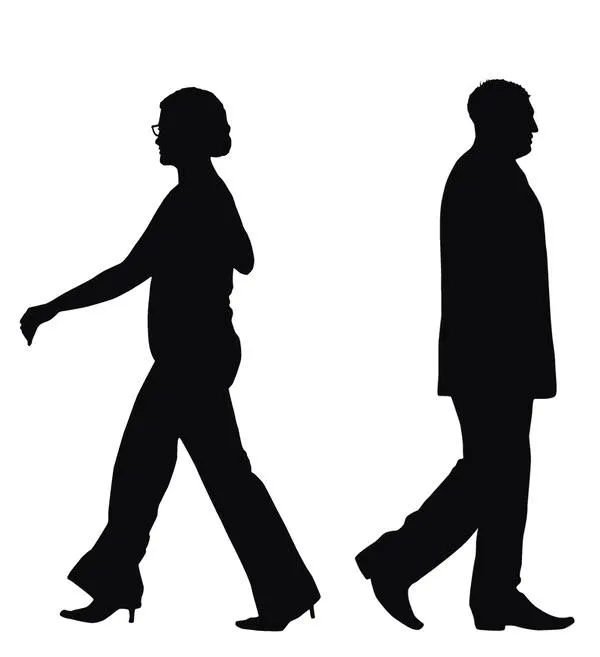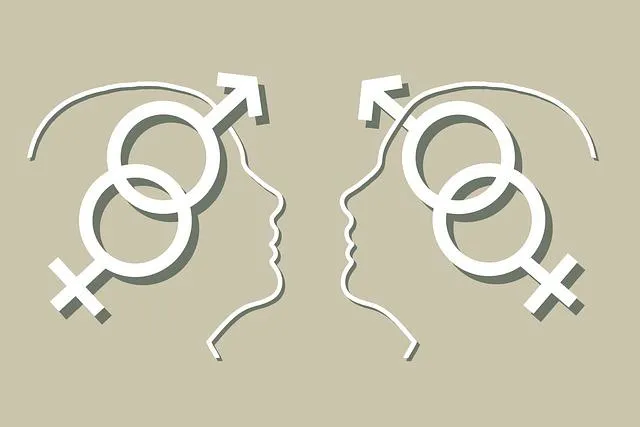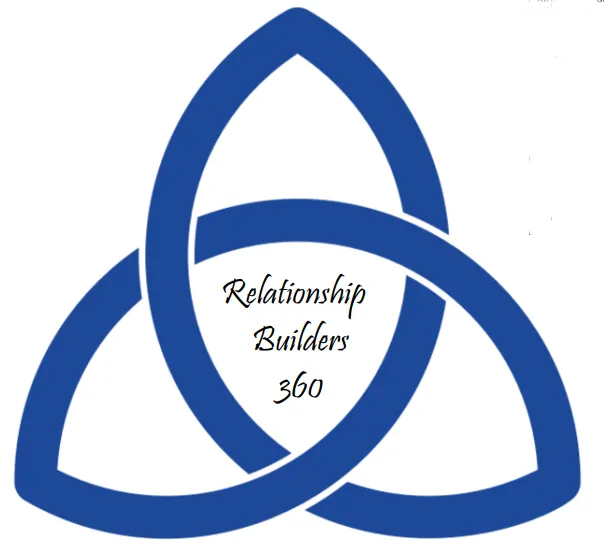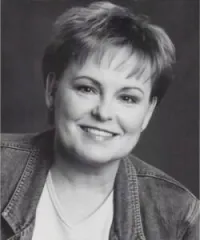Who We Help
Is this for you?
The Rebuilding Programs has changed more than 100,000 lives. Now, it's your turn.
The Fisher Rebuilding Seminar was first created in the 1980s by Dr. Bruce Fisher. As he worked privately with people he realized that modern therapeutic methods weren't sufficient. So he began studying the issues to understand what people needed and what information and strategies actually worked.
He eventually simplified the issues in 19 steps for people to work through. Then, he organized them into a logical flow that anyone can follow.
Who We Help
There's no limit to circumstances and obstacles that arise in life, and there's very little that we can't help within regards to the emotional wounds of divorce. It has been said that divorce is the second most difficult situation in life. Dealing with it takes the right combination of support, information and guidance.
At the end of the day, heartbreak is heartbreak. It leaves no one untouched. Whether you are early in the process or divorced for 20 years the wounds need to healed. Nevertheless there are unique circumstances depending on where you are in the process.

Considering Divorce
When you don't know what is going to happen it can leave you in "no-man's land". What we know is that if you do nothing, nothing will change. So, if you want to reconcile then you need to focus on you first. We do that by giving proven tools that will help you understand yourself and your partner better. We also give you a way to take the emotion out of the equation so that you can peacefully and thoughtfully make the right decision and move forward with confidence.

Divorcing/Separated
Divorce has been referred to as having a bomb go off in your personal life. Everything is affected. Being with others that are going the same process gives you a network of friends that you can actually talk to. Plus you will get the tools and guidance to release the pain gracefully so that you can turn the page. People in the divorce process often feel very alone and our community of support gives you an instant support network that you can lean on.

Divorced
Once the papers are signed there is no option other than to move forward. Sometimes the wounds are more obvious to people that have been divorced for months, if not years, to see that the wounds don't heal until they are dealt with. Divorcees often report that they are stuck in the 5 Obstacles to Letting Go.
In fact, a recent study showed that typically people feel WORSE 10 months after their divorce than 2 months after their divorce.

Men and Women
and anyone in between
Often people want to be with their "own". They want to feel comfortable sharing and dealing with their healing with others that will understand. It's natural to find a tribe where you feel safe.
In our programs we believe that if we divide people into groups they miss out on perspective. They don't get to hear from the "other side". They reinforce their self limiting beliefs.
So, we encourage groups that unite, rather than divide. Often the right people show up in your class and they are exactly what you need, regardless of how they identify.

Sexual Orientation
Heartbreak affects everyone. If you are human you have thoughts and feelings. You have an identity. You have relationships. These things don't change based on who you are with. We support people of all orientations, beliefs, and choices.
This program isn't about your behaviors, it is about being human. If you can align with that concept then we would love to have you!

Age
Whether your marriage was long or short does not matter. People often say before they start our program, "my life is over", (even people in their 30s).
As you get older your priorities change. It isn't about the kids or what you will do for a career. It is about finding your true worth. It is about learning "what your soul needs". This is a paradigm shift, to be truly, authentically happy - regardless of age.
Let's Start Rebuilding. Together.
You don't have to do this alone. You aren't the only one going through this. With the right combination of community, coaching, and content you can dramatically rebuild your life. You can be happy and looking forward to the next chapter. How will you Rebuild?
Stay up to date
Ready to continue Rebuilding and Building? Stay up to date on the latest news, articles, and blogs.

In Pursuit of Wellness
In Pursuit of Wellness

When you think about health care, what comes to mind? For some, it’s a pursuit of wellness connecting mind, body, and spirit. For others, health care is like a car’s transmission – you don’t really notice or appreciate it until it’s making a noise, or completely broken.
People in the middle of a crisis or transition in a significant relationship can feel especially stressed, which we all know affects our health. Some may find themselves both ill and alone for the first time.
My name is Beth, and I am writing a series of articles designed to help you navigate today’s complex health care system. I am a nurse by training, but several years ago I became interested in the study of “quality” care – especially for patients who are in the hospital. None of what I write will be an endorsement for a particular hospital or care system, nor is any of the content meant to recommend any course of treatment. Simply, I will be giving you information so that you can make educated choices about your own health care. I invite your comments and conversation.
Whether you have visited your local emergency department, or provider/physician clinic, or have been a patient in the hospital recently, you may have received a “patient satisfaction survey” in the mail. The survey often contains questions about the timeliness of your visit, how the food was, or whether it was quiet at night. Most surveys ask about whether your provider or nurse communicated information about your medications or care plan in ways you could understand.
Many insurers, including the federal government (aka Medicare) require certain types of providers or organizations to collect and publicly report the results of these surveys. If you have a specific comment, whether it’s a kudos or complaint, those are forwarded straight to the provider for an opportunity for a direct response to you.
Soon, there will be an additional set of questions that will be included in hospital patient satisfaction surveys. The three new questions are part of a bundle called “Care Transition Measures”. Simply, hospitals are required to prepare you for discharge – whether you are going back home or on to another care setting (like a nursing home). And for good reason! Medicare is now financially penalizing certain hospitals for re-admissions of certain patients within 30 days. Unnecessary re-admissions are costly and dangerous for patients and the health care system.
Let’s have a look at the questions:
Question 1: During this hospital stay, staff took my preferences and those of my family or caregiver into account in deciding what my healthcare needs would be when I left.
Question 2: When I left the hospital, I had a good understanding of the things I was responsible for in managing my health.
Question 3: When I left the hospital, I clearly understood the purpose for taking each of my medications.
Hospitals will be scored on the number of questions that received a “Agree” or “Strongly Agree” in each of the questions multiplied by the number of patients that were eligible to receive a survey. Hospitals will be focusing more and more on equipping patients and their families or other caregivers in how to manage their health issues outside of the hospital. They will work hard to teach and communicate with you, and ask you several times whether you understand what they are trying to show you.
You and your caregivers have the responsibility to speak up, ask questions, and otherwise seek out information, until you are sure that you understand. Are going through a significant change in a relationship, to the extent that you are managing your health all by yourself? You should ask around to find out who might help serve as a healthcare “buddy” for you. Someone who at least knows the basics about where your medication list is, or who your regular provider is. Someone you can call on when you are ill, or who might be okay with listing their name as a contact person should you become hospitalized.
Transitioning out of the hospital can be tricky, whether you are going home or to another care setting. It’s important to have another set of ears, and perhaps another voice if you are not able to speak for yourself. Hospitals are paying attention to how you will be able to cope after you leave. You should do all you can, too.
Contact Us
You’ve already come a long way. Let’s reach the next level together.

Email: info@relationshipbuilding360.com
Address:
6402 Odana Rd,
Madison, WI 53719
Phone:
608-204-6076
